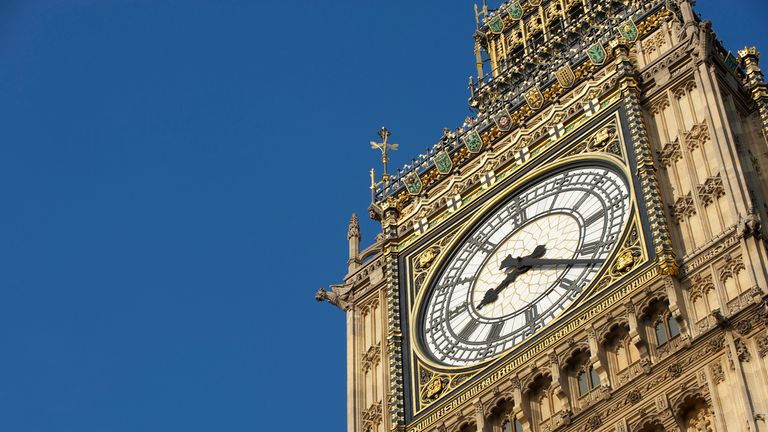By Alexander J Martin, technology reporter
A planned change to the Chrome web browser by Google would have a "catastrophic impact on victims of online child sexual abuse" by undermining internet filters in the UK, the government has been warned.
Techniques used to prevent images of child abuse being spread online would be made "obsolete" unless the government takes action, according to a parliamentary briefing note obtained by Sky News.
The briefing, written by the Internet Watch Foundation (IWF) – a charity with the task of finding and removing child abuse images online – says its "crucial service" of filtering URLs is now at risk.
The government has faced months of warnings related to the changes, due in future releases of Google's Chrome browser and Mozilla Firefox, but is yet to address them.
Internet Service Providers (ISPs) have warned that the changes, despite being designed to protect users, would critically undermine tools used to block people from accessing abuse websites.
Advertisement
The IWF provides ISPs with a list of up to 12,000 web pages which hold child abuse material so that the ISPs can filter access to those pages while authorities try to take them down.
But browser companies argue that the mechanism this anti-abuse filter uses could be exploited by criminals and hackers and they are trying to fix the technical issue.
More from Google
Chrome is the most widely used web browser in the UK, with almost 50% of the entire market share according to StatCounter, while roughly 5% of Brits browse over Firefox.
The IWF are concerned that the changes to both browsers could ruin years of work tackling child abuse images by allowing the public to access them at an enormous scale.

Fred Langford, the head of the IWF, warned: "If [the technology was] the default position on browsers used by the majority of people in the UK, it would make the kind of images we've spent all these years blocking suddenly highly accessible."
A spokesperson for the ISPA trade association which supports ISPs told Sky News: "Serious changes need to be made to [the new technology] for it to be even near fit for purpose in the UK.
"Until that happens the government needs to send a strong message to browsers such as Mozilla and Google that these changes cannot go ahead."
A government spokesperson said: "Whilst we look to support capabilities that seek to deliver security and privacy to the UK online, we are concerned about unintended consequences changes could have.
"We will work with industry and regulators to seek solutions to any potential problems as part of our ongoing work to make the UK the safest place in the world to be online."

Sky News
[contfnewc] [contfnewc]







